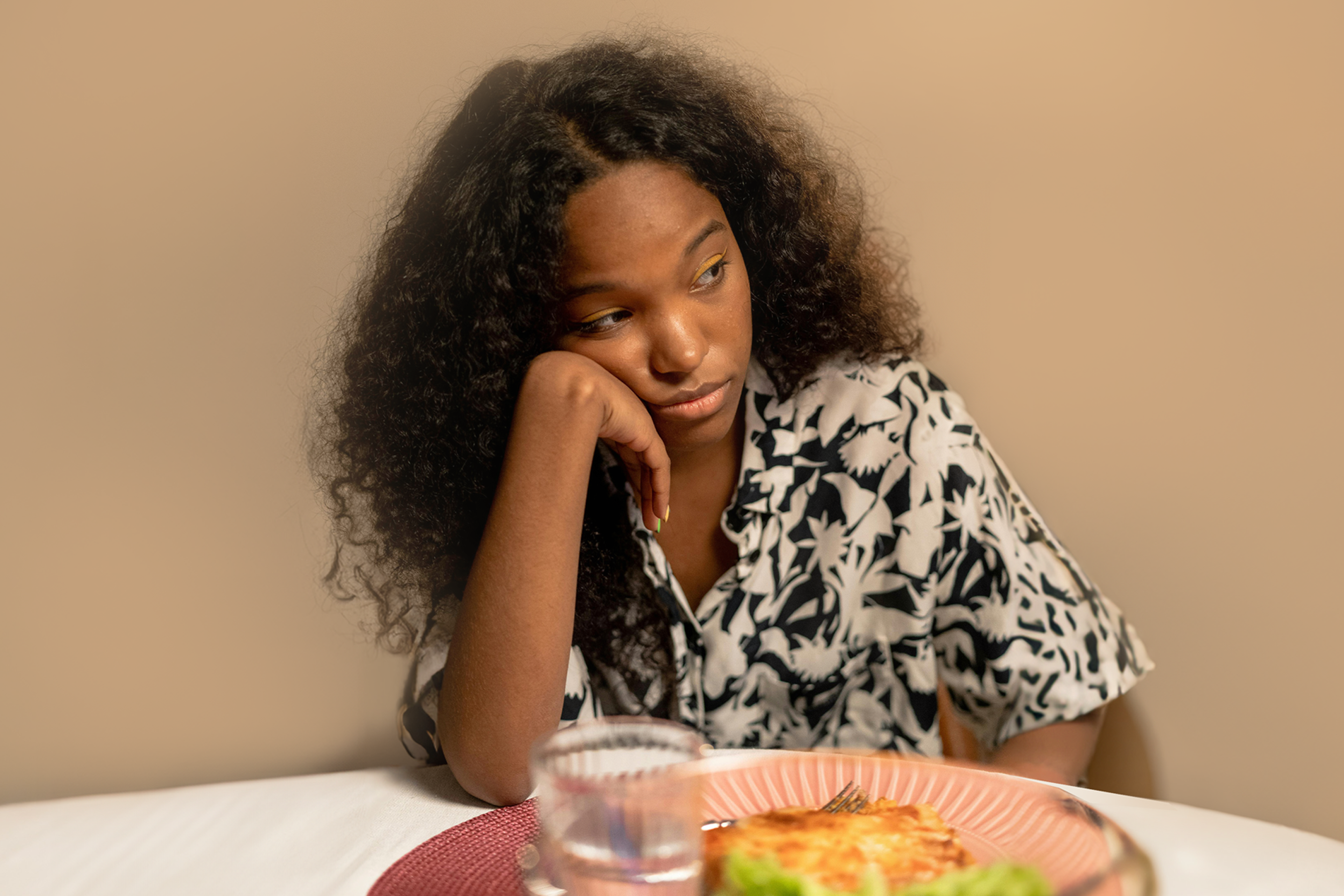

Eating disorders affect people of all ages, but there are certain stages of life that are higher risk than others. Because of hormonal fluctuations, body changes, societal pressure, and many other factors, pregnancy can be one of those high-risk times. In order to better understand how this plays out, we conducted a comprehensive survey looking at the relationship between disordered eating and the entire reproductive journey, including fertility, pregnancy, and the postpartum period.
Our survey
We surveyed 645 American women over the age of 18 who self-reported a history of an eating disorder or disordered eating habits. The survey itself included a thorough set of questions that explored fertility, pregnancy, and the postpartum period. We looked into how respondents’ eating disorders or disordered eating habits impacted their efforts to conceive, their pregnancy experience, their body image after pregnancy, and more.
Here’s the breakdown of our survey respondents:
- 610 respondents with a history of disordered eating, 553 of whom had tried to conceive within the past 10 years
- 35 respondents with a history of a diagnosed eating disorder, 30 of whom had tried to conceive within the past 10 years
- The majority of respondents were 30-39 year-old cisgender women
What we learned
When we set out to conduct the survey, we assumed that both diet culture messaging and past or current disordered eating habits would have some impact on women’s fertility and pregnancy experience, but we didn’t know what that would look like. Below are some of our most important findings, several of them quite eye-opening.
The fertility and conception journey
Here are some of the most notable things we learned about how eating disorders and disordered eating impact the fertility and conception experience of women:
- 45% of women with a history of an eating disorder or disordered eating experience infertility, compared with the national average of 11%
- More than 1 in 10 women (13%) delayed trying to conceive because of an eating disorder or disordered eating habits
- 25% of respondents felt that their eating disorder, disordered eating habits, or dieting played at least somewhat of a role in their fertility challenges
- 23% of women would not have sought help for their eating disorder or disordered eating habits if they weren’t trying to conceive, emphasizing how sticky and self-protective eating disorders can be (as well as how much diet culture normalizes and minimizes disordered eating behaviors)
Working with doctors
Unfortunately, most doctors receive very little education on eating disorders, and this can come through in the experience many women have working with their reproductive health care provider.
- Only 18% of providers discussed potential links between respondents’ conception journeys and a history of dieting or disordered eating
- 34% of women felt at least somewhat scared to tell their reproductive health care provider about their eating disorder, disordered eating, or dieting
- 35% of respondents were advised to lose weight while trying to conceive; of this group, 83% found the advice difficult to follow or triggering
- 13% of respondents were advised to gain weight while trying to conceive; of this group, 72% found the advice difficult to follow or triggering
Eating disorders and pregnancy
Here’s what we learned about how eating disorders, disordered eating, and body image concerns impact the pregnancy experience for women:
- 32% of respondents were concerned about how pregnancy might impact their eating disorder or disordered eating behaviors
- 64% of respondents were concerned about how weight changes during pregnancy would impact their body image
- More than half of respondents (53%) were concerned that unwanted body comments and people touching their bodies during pregnancy would negatively impact their mental health
Eating disorders and postpartum body image
Our findings showed that diet culture can be heard loud and clear during the postpartum phase for many women:
- 88% of women felt pressure to “bounce back” and return to their pre-pregnancy body after giving birth
- Two in three women felt less confident in their bodies post-pregnancy
Our takeaway
Before conducting this survey, we knew there was a complicated relationship between eating disorders and pregnancy, but our findings made apparent just how big of an impact disordered eating can have on this journey. It’s clear not only that diet culture has a negative effect on women’s pregnancy experience and outcomes, but also that there’s a great need for eating disorder education among providers who work with women who are pregnant or trying to become pregnant (like reproductive endocrinologists and ob-gyns).
We hope to see more research into this topic, and to have it become part of the greater cultural conversation around childbirth. In the meantime, if you want to learn more eating disorders and pregnancy, the articles below are a good place to start.







